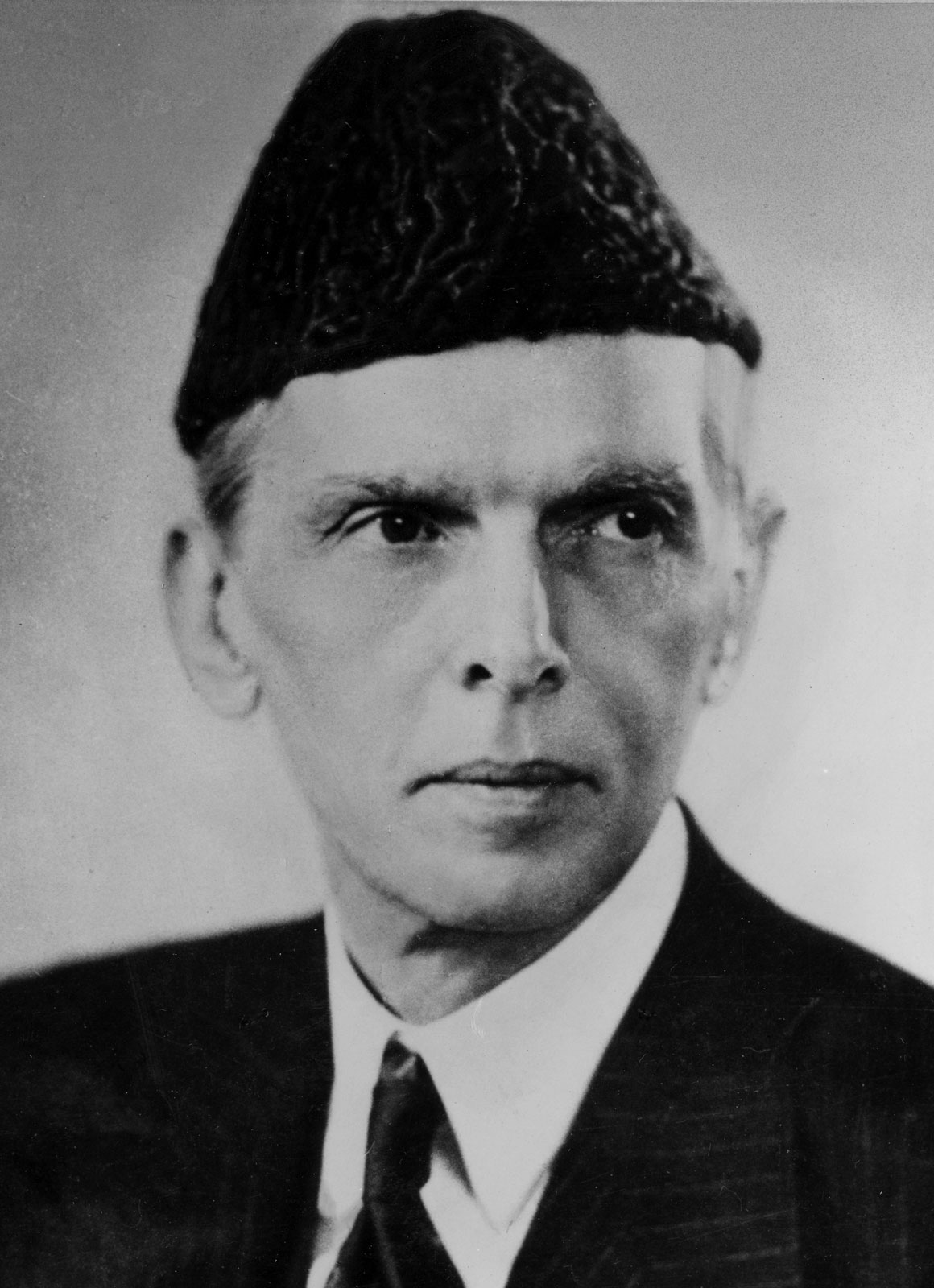
On the eve of National Minorities Day, August 11, it would behoove all of us Pakistanis to remember the words of Quaid e Azam Muhammad Ali Jinnah when he gave his famous August 11, 1947 speech in which he said:
“You are free; you are free to go to your temples, you are free to go to your mosques or to any other place or worship in this State of Pakistan. You may belong to any religion or caste or creed — that has nothing to do with the business of the State.”
Observing this day, the Human Rights Commission of Pakistan (HRCP) released a statement that “both state and society must be true to Mr Jinnah’s vision of a country in which religion or belief was a personal matter and no basis for differences of citizenship. Seventy-three years after this historic speech, Pakistan’s religious minorities continue to be relegated to the status of second-class citizens, vulnerable to inherent discriminatory practices, forced conversions, and faith-based violence.”
Further, HRCP called on the state to “implement the 2014 Supreme Court judgment, which protects the right to manifest one’s religion or belief in private or public free of coercion. A bold and pivotal step would be to modify the Constitution to reflect Mr Jinnah’s 11 August speech, which—as an address to the first Constituent Assembly—should be treated as policy direction rather than political rhetoric.”
Finally, the HRCP demanded that the government “set up an autonomous statutory national commission for minorities’ rights to replace the ineffectual National Commission for Minorities reconstituted earlier this year. The Single National Curriculum, which violates the constitutional guarantee that no member of a religious minority will be required to ‘receive religious instruction’ not relevant to their own religion, must be revised to reflect that a uniform standard of education is not the same as a uniform curriculum. HRCP also demands that the controversial and divisive Tahafuz-e-Bunyad-e-Islam bill in Punjab be retracted, and the federal and provincial governments refrain from law-making that infringes any community’s right to freedom of religion or belief.”
![]()





